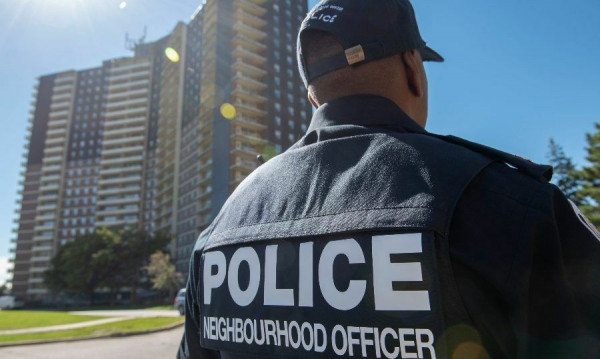The RFA has recently made several changes to the Residential Tenancies Act (RTA) that have significant consequences for both landlords and tenants. Below we discuss two important changes that landlords of rental units should be aware of.
New Mandatory Standard Lease
There is currently no standardized form for rental agreements between landlords and tenants in Ontario. However, the provincial government is introducing a new, simple standard lease that will be mandatory for private residential leases signed on or after April 30th, 2018, including tenancies in single and semi-detached houses, apartment buildings, rented condominiums, and secondary units, such as basement apartments.
The new standard lease form is written in easy-to-understand language and is structured to gather basic information such as names and addresses, the total rent and when it's due, and any rules or terms of the rental unit or building. It also outlines the rights and responsibilities of both the tenants and the landlord and explains what can and cannot be included in a lease. For example, as a landlord, you cannot prevent a tenant from owning a pet.
As a landlord, if you sign a lease on or after April 30th, 2018 that does not use the standard lease form, the tenant can ask you for one in writing, and you must provide it within 21 days. If you do not provide the lease within 21 days of a tenant’s written request, the tenant can withhold one month’s rent until you provide them with the lease. If you do not provide the standard lease within 30 days of the tenant withholding the rent, the tenant will no longer be responsible for repaying the withheld rent to you. Further, a tenant who has not received a standard lease can terminate the tenancy on 60 days’ notice at any time. As such, it is crucial that you become familiar with the new standardized lease and provide it to your tenants promptly.
It is important to note that the new standard lease will not apply to most social housing, retirement and nursing homes, mobile home parks or commercial properties. However, the government is planning to develop separate standard leases to address the unique needs of these other types of residential tenancies.
Above-Guideline Rent Increases
As of January 1st, 2018, two changes related to an application for an above-guideline rent increase come into effect. The guideline is the maximum a landlord of a private rental unit can increase most tenants’ rent during a year, without the approval of the Landlord and Tenant Board.
The first change to rent increases is that you will no longer be able to apply for a rent increase above the guideline because your utility costs (e.g. fuel, electricity or water) have increased. Previously, as a landlord, you could apply to the Landlord and Tenant Board (“LTB”) for an above-guideline rent increase due to an “extraordinary increase” in municipal taxes, utilities, or both.
However, you can still apply to the LTB for an increase above the guideline if:
- your costs for municipal taxes and charges have increased significantly;
- you have completed major repairs or renovations to the building or unit; or
- you have incurred operating costs for security services performed by persons who are not your employees.
In addition, as part of an application for an above-guideline rent increase, you must now submit any item in an outstanding work order relating to one or more elevators in the building. This means that if you have not complied with an order to fix an elevator (issued by the LTB, the municipality or the Technical Standards and Safety Authority), the LTB can dismiss your application or require that you fix the elevators before ordering an above-guideline increase.
The effect of this amendment is to prevent landlords from increasing rent in an amount above the guideline when they have failed to keep their elevators in a state of good repair. However, this change does not address the failure to maintain other aspects of the building. As such, you should ensure that all elevators in your building are in good working condition before applying for an above-guideline rent increase.
According to the Ministry of Housing, the Fair Housing Plan and the RFA are intended to ensure that landlords can invest in and maintain their rental properties, while also protecting tenants and encouraging affordable housing. As a landlord or tenant, it is crucial that you are well-informed about new legislation to ensure compliance with any changes that might affect your rental unit or building. By being proactive, you can avoid potential disputes with your tenants and costly and time-consuming hearings at the LTB.










